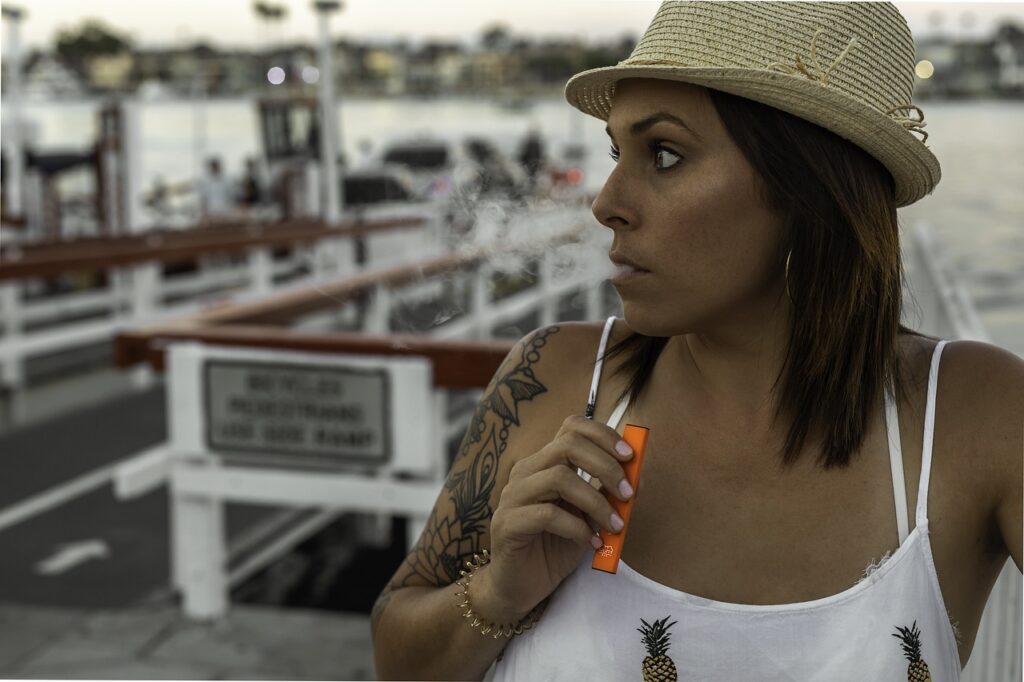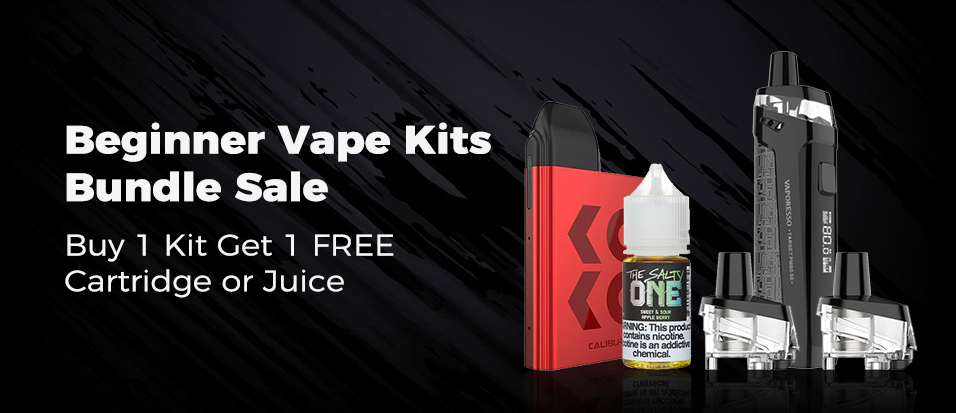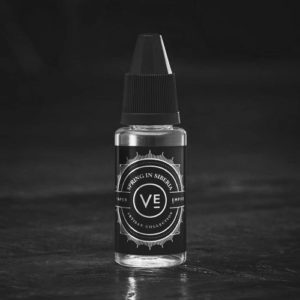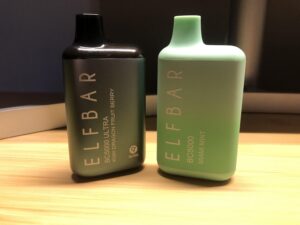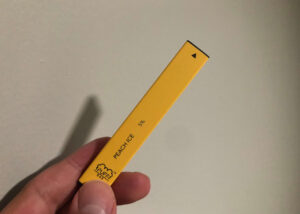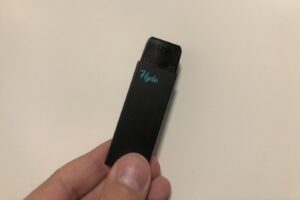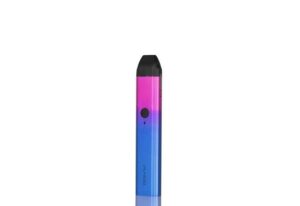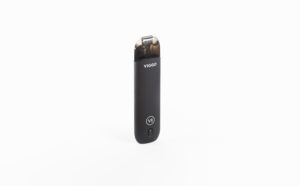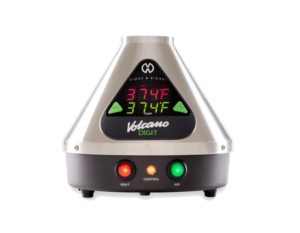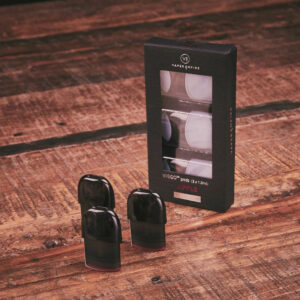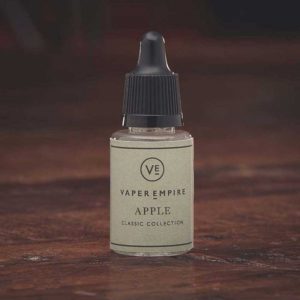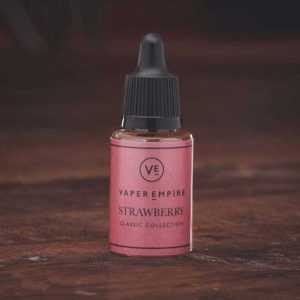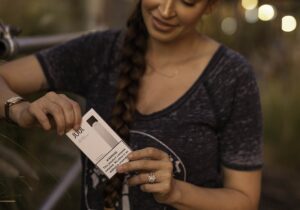After the Australian Government rolled out its prescription-only plan for nicotine vaping products, demand from adult consumers for such products has accelerated and the black market for vaping products in Australia has, perhaps unsurprisingly, flourished in the wake of the government’s decision to impose a prescription requirement on nicotine vaping products.
Data from a Roy Morgan survey that was released by the Australian Association of Convenience Stores (AACS) shows an acceleration in the rate of vaping incidence in Australia among Australian adults.
At this point, there are well over one million adults in Australia who vape. New South Wales alone has just shy of half a million adult vapers.
Australia’s Failed Vaping Policy Fuels Black Market Vape Sales
With adult vape use continuing to accelerate despite nicotine vaping products now requiring a prescription from a licensed Australian doctor, AACS chief executive Theo Foukkare issued a statement in which he called the country’s vaping policy a failure that has helped fuel the country’s black market for vaping products.
“Australia’s vaping policy has clearly failed. The demand for e-cigarettes from adult smokers is overwhelming, yet current policy settings are forcing vapers to purchase unregulated products with no quality controls from the black market.”
Mr Foukkare pinned the blame for the country’s “vast black market” for vaping products squarely on the country’s vaping policy while noting that the underground market for such products “has no hesitation selling to children.”
“Vaping has been driving underground, creating a vast black market with unregulated products that has no hesitation selling to children.”
The prescription model started on October 1, 2021. Less than a year after its rollout, ABC News reported that the country’s black market for vapes was thriving. There have also been reports of children accessing vaping products through the black market.
In 2022, law enforcement in NSW seized over AU$1 million worth of illegal vaping products.
Mr Foukkare referred to the prescription model for nicotine vaping products as a “prohibitionist approach” that has led to the creation of “one of the largest unregulated black markets” that Australia has ever seen.
“The previous Government’s prohibitionist approach to e-cigarettes, where adult vapers need a prescription to purchase from a pharmacy, has created one of the largest unregulated black markets ever seen in this nation.”
The Roy Morgan survey data released by the AACS was derived from monthly nationwide surveys of 4,500 adults.
The Australian Association of Convenience Stores was established in 1990 and is the peak body for Australia’s convenience industry. It represents corporate retail giants Ampol, Bp, 7-Eleven, and a significant number of small stores across the nation.
AACS Proposes A Solution: Regulate E-Cigs The Same As Tobacco
As for what to do about the problem, the AACS is calling for e-cigs and other nicotine vaping products to be sold under the same regulations as cigarettes.
Adults in Australia can legally purchase cigarettes at local convenience stores so long as they are of legal smoking age. Nicotine vaping products can only be purchased with a valid prescription and can only be purchased from overseas suppliers and local pharmacies.
“The Australian Government must follow the lead of New Zealand, the European Union and the United Kingdom by making e-cigarettes a regulated and controlled adult consumer product sold by responsible retailers,” Mr Foukkare said while noting that convenience stores in the country “have been relied upon for decades to sell highly regulated tobacco and petroleum products.”
Ampol, which owns Caltex and Foodary, operates over 1,900 locations in the country. Prior to the implementation of the new prescription-only model for regulating vaping products, the company made a submission to the Senate Select Committee on Tobacco Harm Reduction’s vaping inquiry in which it urged the government to allow nicotine vaping products to be sold at local convenience stores within Australia’s borders.
The company noted in its submission that it would be willing to train its employees to recommend electronic cigarettes to customers that are buying traditional cigarettes, which could help reduce the smoking rate.
Ampol’s submission may have been disregarded, however, retail groups continue to lobby the government for nicotine vaping products to be sold under the same regulations as cigarettes and other tobacco products.


